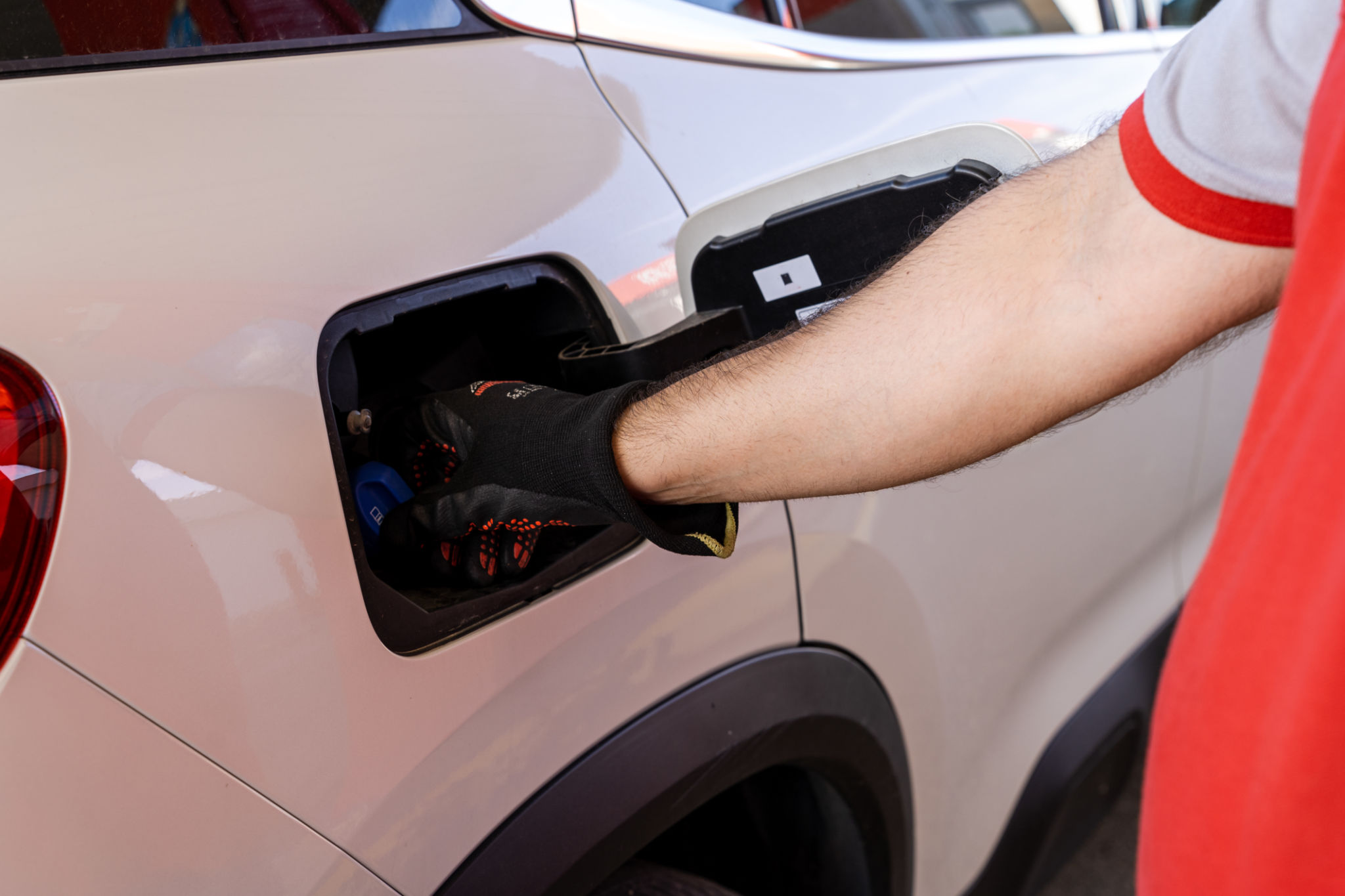Navigating the Challenges of Exporting Automotive Urea for AdBlue to Europe
Understanding Automotive Urea and AdBlue
Automotive urea, commonly known in Europe as AdBlue, is an essential component in reducing nitrogen oxide emissions in diesel vehicles. As environmental regulations tighten, the demand for AdBlue in European markets continues to rise. This creates a lucrative opportunity for exporters, but it also presents a set of unique challenges.

Regulatory Compliance and Standards
To export AdBlue to Europe successfully, understanding and complying with the European Union's stringent regulatory standards is paramount. The product must meet ISO 22241 specifications, which ensure the solution's quality and effectiveness in Selective Catalytic Reduction (SCR) systems. Failure to comply can lead to severe penalties and market exclusion.
Exporters must also adhere to REACH (Registration, Evaluation, Authorisation, and Restriction of Chemicals) regulations. This involves registering chemical substances and ensuring safe handling, thus protecting human health and the environment.
Logistical Challenges
Logistics play a critical role in the successful export of AdBlue. Given its sensitive nature, maintaining product integrity during transportation is crucial. This means investing in specialized containers that prevent contamination and degradation of the solution. Additionally, exporters must navigate complex shipping routes and customs regulations.

Working with experienced logistics partners who understand the intricacies of transporting chemical products can help mitigate these challenges. It’s also essential to plan for potential delays, which can disrupt supply chains and impact delivery schedules.
Market Competition and Pricing
The European market for AdBlue is competitive, with numerous local and international players. Setting a competitive price while ensuring profitability requires a thorough understanding of market dynamics, including production costs, tariffs, and exchange rates.
Building strong relationships with local distributors can offer a strategic advantage. These partnerships help navigate market nuances and provide valuable insights into consumer behavior and preferences.

Environmental and Ethical Considerations
As the world becomes more environmentally conscious, businesses are increasingly held accountable for their environmental impact. Exporters of AdBlue must ensure that their production processes are sustainable and have minimal environmental footprint.
Additionally, adhering to ethical practices throughout the supply chain not only enhances brand reputation but also aligns with the values of European consumers who prioritize sustainability and corporate responsibility.
Leveraging Technology for Efficiency
Incorporating technology in the export process can significantly enhance efficiency. Digital tools can streamline inventory management, track shipments in real-time, and automate documentation processes. This not only reduces operational costs but also minimizes errors and improves compliance with regulatory requirements.
Furthermore, investing in research and development can lead to product innovations that meet evolving market demands, offering a competitive edge in the saturated market.

Conclusion
Navigating the challenges of exporting automotive urea for AdBlue to Europe requires a comprehensive understanding of regulatory landscapes, logistical complexities, market dynamics, and ethical considerations. By leveraging technology, forming strategic partnerships, and prioritizing sustainability, exporters can effectively tap into this growing market while contributing to environmental preservation.
